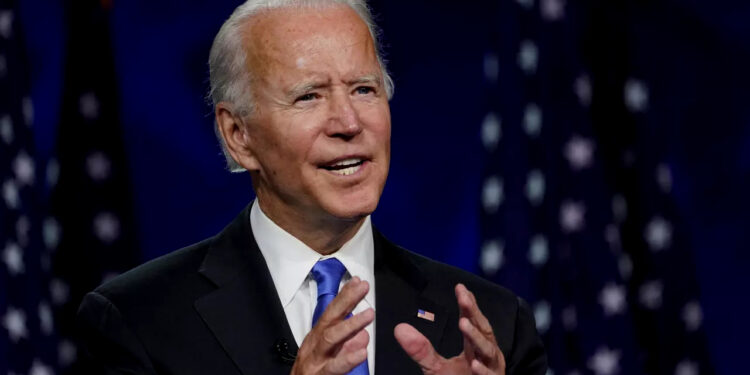By John Ikani
President Joe Biden has pledged more than $1 billion in humanitarian aid to tackle food insecurity and provide critical support to refugees, displaced persons, and communities in need across 31 African countries.
Announced during Biden’s visit to Angola, the package includes almost $823 million through USAID, with over $202 million sourced from the U.S. Department of Agriculture’s Commodity Credit Corporation and nearly $186 million channeled through the U.S. Department of State.
At the 2022 United States-Africa Leaders’ Summit, Biden emphasized America’s partnership with African nations in combating food insecurity. With Africa facing the highest global hunger rates, the region continues to grapple with a severe crisis demanding urgent intervention.
UN data reveals that nearly 300 million Africans—one in five people—suffered from hunger in 2023. Escalating conflicts, extreme weather, and natural disasters are intensifying malnutrition and food shortages, making humanitarian assistance critical to saving lives.
This funding boost, supported by the bipartisan National Security Supplemental, strengthens partnerships with aid organizations to deliver life-saving programs. These include emergency health services, water and sanitation efforts to prevent disease outbreaks, and protection measures for vulnerable groups, including refugees and displaced individuals. Mental health, education, shelter, and other essential services are also part of the comprehensive response.
Using funds from the Commodity Credit Corporation, USAID is sourcing, shipping, and distributing agricultural produce from American farmers to deliver food assistance to populations in East and Central Africa, ensuring millions receive the support they desperately need.




































